Is Eucalyptus Safe for Cats?

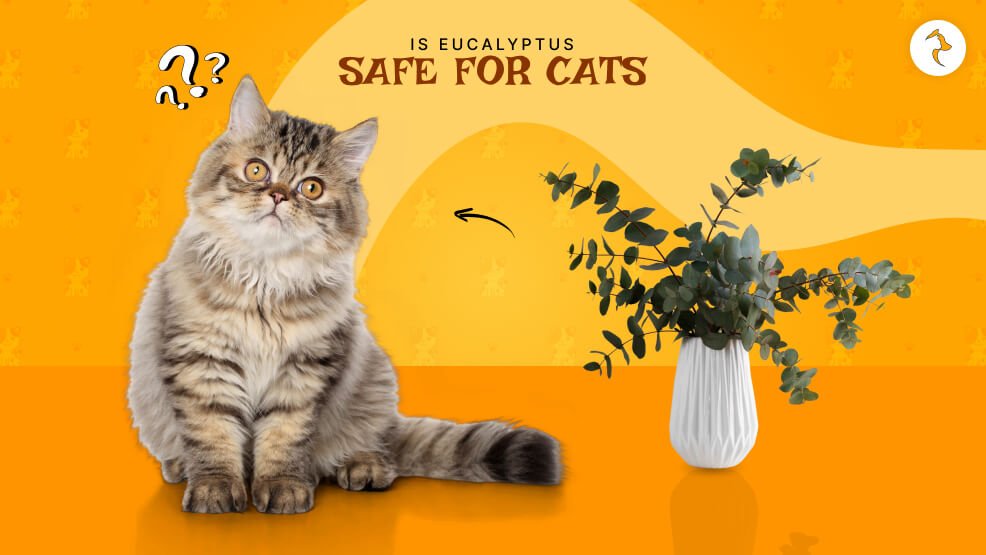
With more and more human beings choosing to live organically, eucalyptus now firmly finds its place in the kitchen. As scented candles and oils, dried bouquets and flowers, or as organic insect sprays, eucalyptus is being marketed on the strength of its deodorant properties and antibacterial properties. But to cat owners, there’s that single question which cannot be avoided.
Is Eucalyptus Safe for Cats?
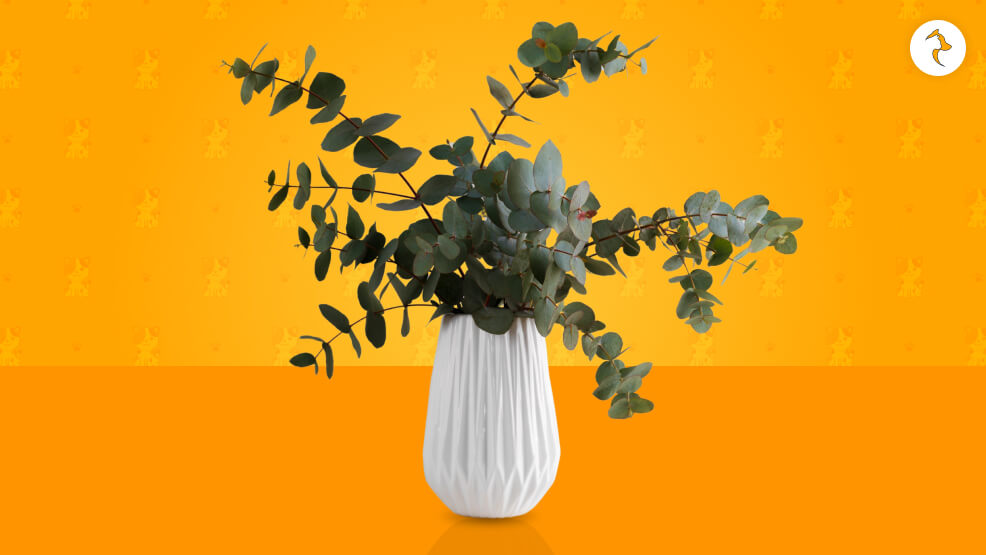
Sorry, no. Silver or any other form of eucalyptus is poisonous to cats. This article is a full, fact-filled examination of why eucalyptus is poisonous, how the cat is poisoned by it, what eucalyptus does to the cat as a result, and how you can keep your feline friend safe.
Eucalyptus is really poisonous to cats regardless of its form—plant, oil, or smoke. The ASPCA and Pet Poison Helpline say that eucalyptus contains eucalyptol, or 1,8-cineole, a cat poison when swallowed, inhaled, or placed on the skin.
A small quantity of eucalyptus plant material or oil is sufficient to be harmful to cats due to their unique liver function and metabolism, which is incapable of degrading certain compounds of essential oils.
Why Is Eucalyptus Toxic to Cats?
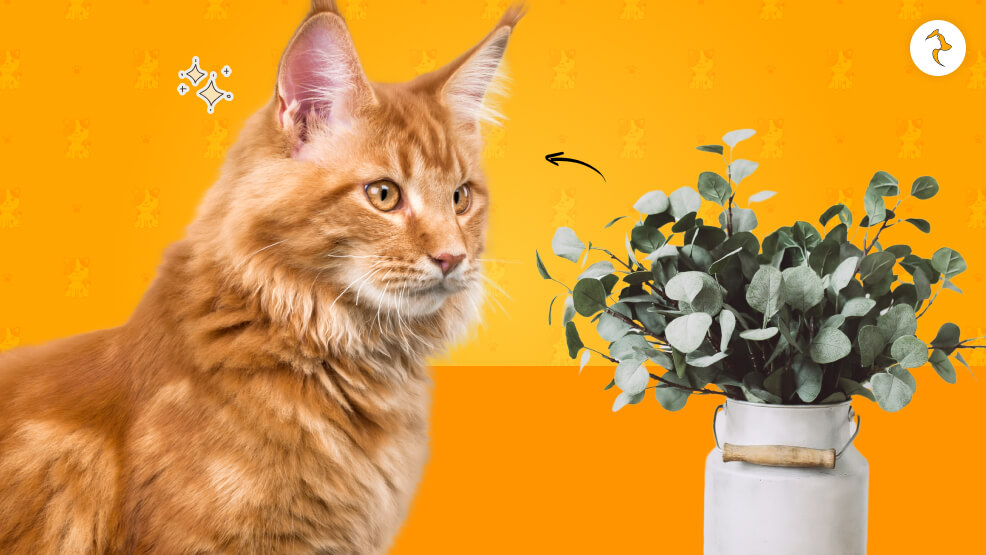
Cats do not have glucuronyl transferase, an enzyme that occurs in small amounts in cats but can metabolize some chemicals—like eucalyptol. When a cat ingests eucalyptus, toxic chemicals are rapidly formed inside a cat’s body and cause dangerous health complications.
The Primary Toxin: Eucalyptol (Cineole)
- Occurs in leaves and stems; also in eucalyptus oils
- Has an effect on the nervous system; the respiratory tract; and the gastrointestinal tract
- Through ingestion, inhalation, or skin contact
This makes eucalyptus highly toxic to indoor domestic house cats otherwise trapped in air-tight living quarters where vaporized oils that have or houseplants are more concentrated.
Causes of Eucalyptus Exposure in Cats
Cats will become exposed to eucalyptus from many typical home scenarios, including:
Sources of Exposure:
- Licking or chewing dry or fresh eucalyptus leaves
- Inhalation of steam from humidifiers or diffusers
- Direct skin contact with eucalyptus oil-disinfectant surfaces
- Licking or smelling eucalyptus sprays
- Grooming after rubbing against eucalyptus oils or lotions
Warning: Your cat won’t get caught licking or eating the eucalyptus, but grooming contact can’t be prevented and is toxic.
Is Eucalyptus Essential Oil Toxic to Cats?
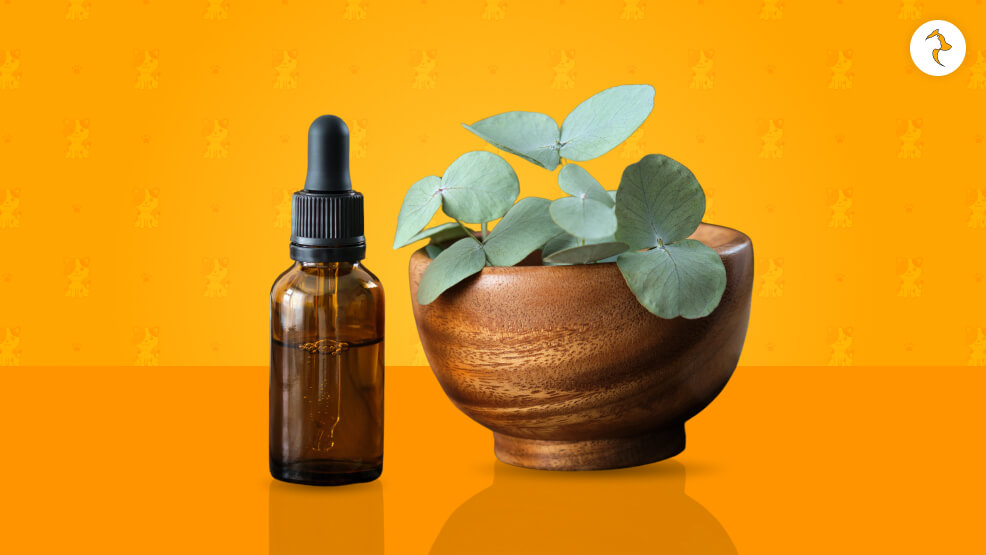
Yes—eucalyptus essential oil is highly toxic to cats. Essential oils contain very concentrated plant juices, so toxicity levels are high compared to the plant.
Types of Essential Oil Exposure:
- Aromatherapy diffusers (ultrasonic, heat, or reed)
- Topical creams or ointments
- Household cleaners
- Massage oils
- Air fresheners or sprays
Why Essential Oils Are Even More Deadly:
- Microparticles from diffusers suspended in the air or dripping onto surfaces
- They sniff them or lick them up from grooming
- Even “pet-safe” or “natural” on labels isn’t cat-safe automatically
**Fun fact: Cat skin is more permeable than human skin, so topical exposure is as toxic as ingestion.**
Is the Eucalyptus Plant Toxic to Cats Around It?
No. The eucalyptus plant (Eucalyptus globulus) is poisonous to cats when the plant is at home, part of a dried flower arrangement, or utilized as a decorative element.
Houseplants are chewed by cats due to boredom, stress, or curiosity. Even small amounts of eucalyptus leaves consumed will cause vomiting, diarrhea, drowsiness, and neurological disturbances.
Dried Eucalyptus?
- Drying the plant will not eliminate its toxic compounds
- Dry leaves still contain residual oil and other healthy oils
- Potpourri and eucalyptus wreaths are also poisonous
Are Eucalyptus Diffusers Toxic to Cats?
Yes. While you can enjoy the scent of eucalyptus diffused, cats can suffer from neurological damage or respiratory problems from even trace amounts of exposure.
Risks incurred through Use of Diffusers by Pets:
- Ultrasonic diffusers emit oils in a fine spray easy to breathe
- The oil droplets diffused land on paws, fur, bedding, and furniture
- They lick them and breathe the oils incidentally
Even secondary exposure—sitting near a diffusing diffuser, for instance—is dangerous.
Signs of Eucalyptus Poisoning in Cats
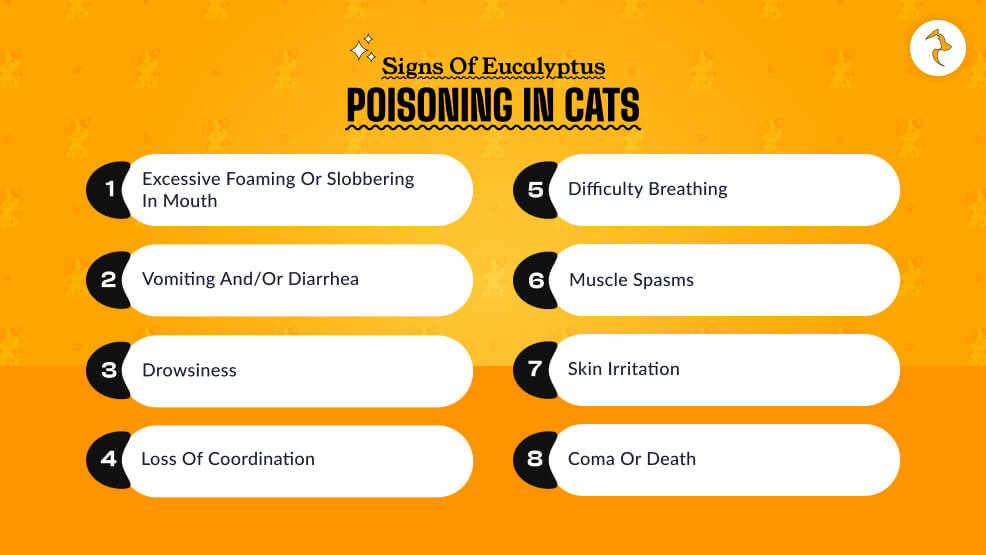
If your cat shows any of the following symptoms, get immediate veterinary care.
Be on the Lookout for the Following Signs:
- Excessive foaming or slobbering in mouth
- Vomiting and/or diarrhea
- Drowsiness or abnormally excessive drowsiness
- Loss of coordination, staggering, or tremors
- Difficulty breathing or wheezing
- Muscle spasms or convulsions
- Skin irritation (if contact with oil was made)
- In extreme cases: coma or death
What to Do If Your Cat Has Been Exposed to Eucalyptus
- Remove your cat from the area of exposure.
- Ventilate the room—halt diffusing and open windows.
- DO NOT induce vomiting in your cat unless instructed to do so by a vet.
- Wipe off any oil that can be seen on skin or fur with a damp cloth.
- Call:
- Your veterinarian
- Pet Poison Helpline: (855) 764-7661
- ASPCA Animal Poison Control Center: (888) 426-4435
Treatment By a Veterinarian May Include:
- IV fluids to flush out the body of the toxins
- Activated charcoal to keep it from being absorbed further
- Anti-seizure medication
- Hospital and monitoring
Emergency treatment will significantly increase the chances of survival.
Long-term Health Effects of Exposure to Eucalyptus
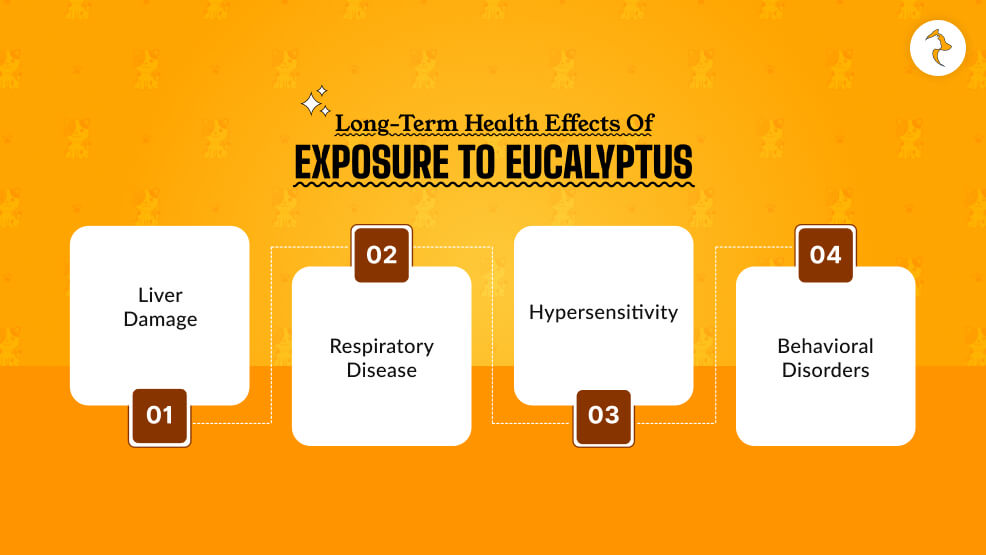
Even if your cat is lucky enough to survive mild eucalyptus poisoning, repeated or chronic exposure results in:
- Liver damage
- Respiratory disease, including asthma
- Hypersensitivity to other environmental toxicants
- Behavioral disorders such as aggression or anxiety
- Cats with underlying illness (especially respiratory or liver disease) are at higher risk of complications.
Cat-Safe Alternatives to Eucalyptus
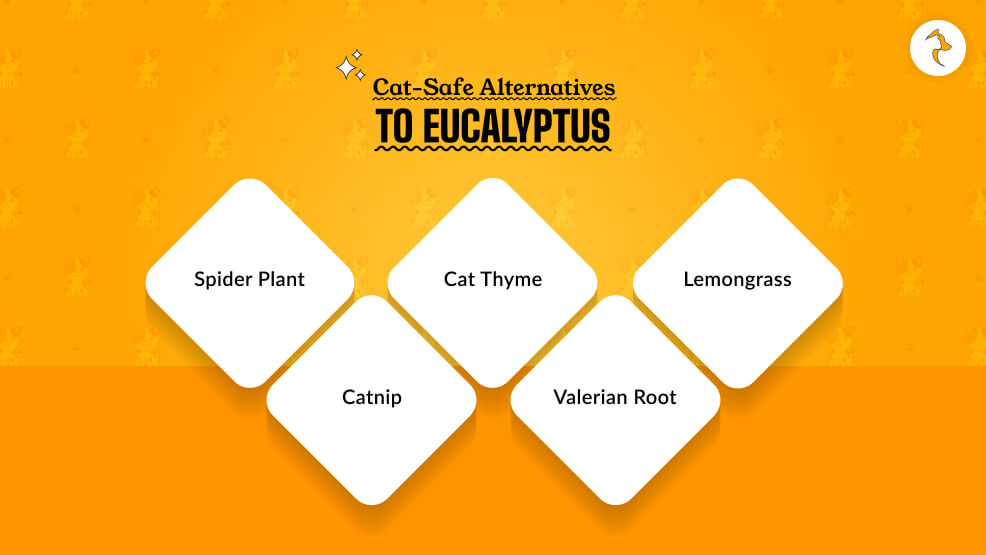
Need alternatives to use indoors and outdoors in your home that won’t hurt your cat? Use these cat-safe alternatives:
Cat-Safe Aromatic Plants:
- Spider plant
- Catnip
- Cat thyme
- Valerian root
- Lemongrass (small amount)
Safe Scents (With Caution):
- Lavender (only dried) – calming; oils still not safe
- Chamomile – gentle but sparingly
- Cedarwood – in dilution, and where there is good airflow
Always talk with your vet before using any plant or oil treatment in your home.
FAQs
Here are a few questions and queries that other cat parents like have that will help you out to know is eucalyptus safe for cats.
Save your breath. Vapors are blown through the house on HVAC systems, and your cat can ride on grubby surfaces on them by accident.
No. The flame can set fire to the oil, vaporizing airborne poisons which your cat will inhale.
Yes. Symptoms are delayed, and small amounts will produce internal trauma. Call your vet immediately.
Eucalyptus Yes or No!
Eucalyptus can be decongestant-picturesque and aromatic to human beings but awfully toxic to cats’ health. It is oil, plant, or even diffused vapor that eucalyptus is not safe in cat quarters.
Key Takeaways:
- The whole eucalyptus plant is laden with eucalyptol, which is toxic to cats.
- It is exposure through inhalation, eating, or skin contact.
- Eucalyptus is from mild vomiting to death or fits.
- Never apply eucalyptus products whatsoever, ever, if you have cats.
- Immediately call your vet in the event of exposure.
As intelligent as you are and not subjecting your cat to toxic chemicals such as eucalyptus, rest assured that your home is always a safe and healthy haven for your lovely cat.
Also Read:






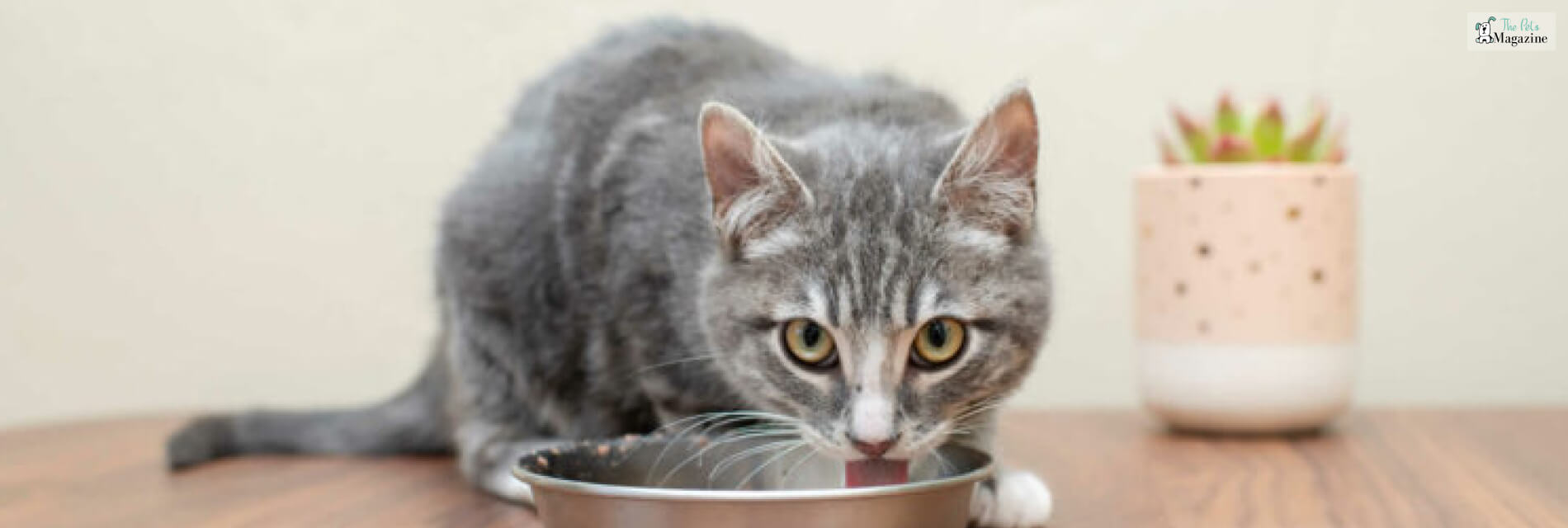
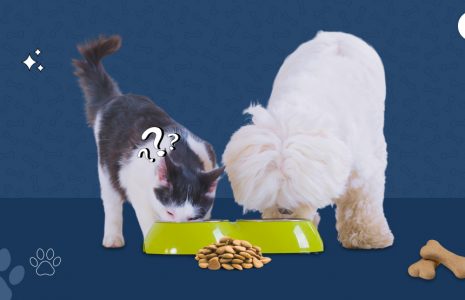
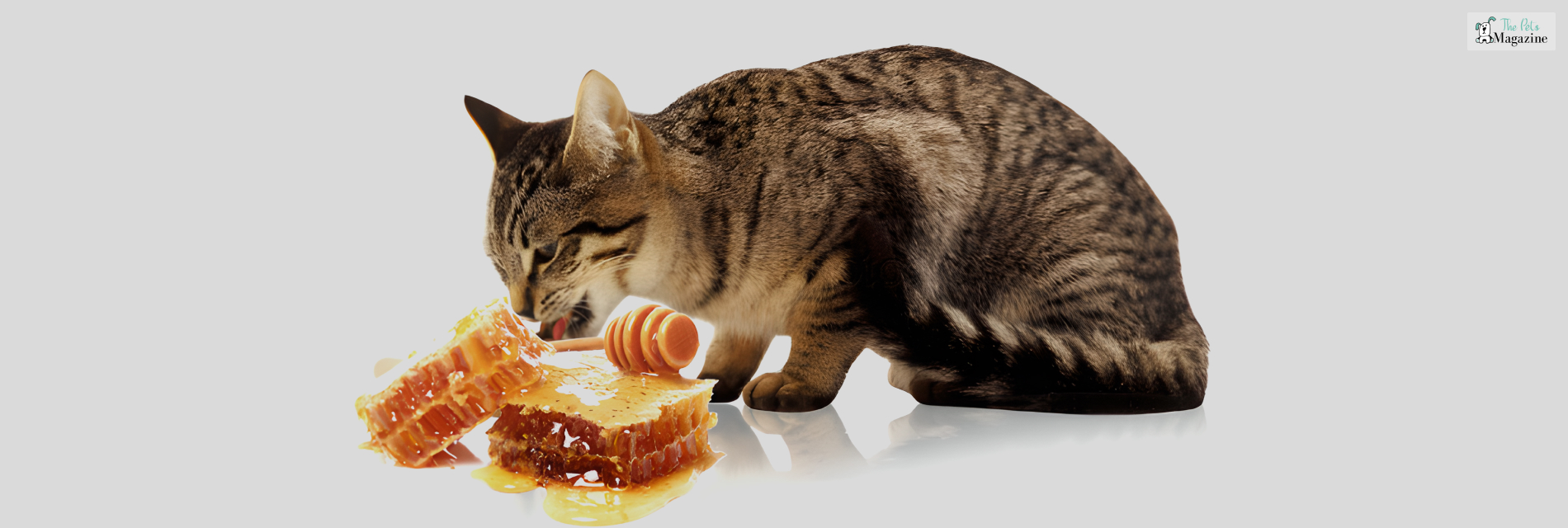
Leave A Comment